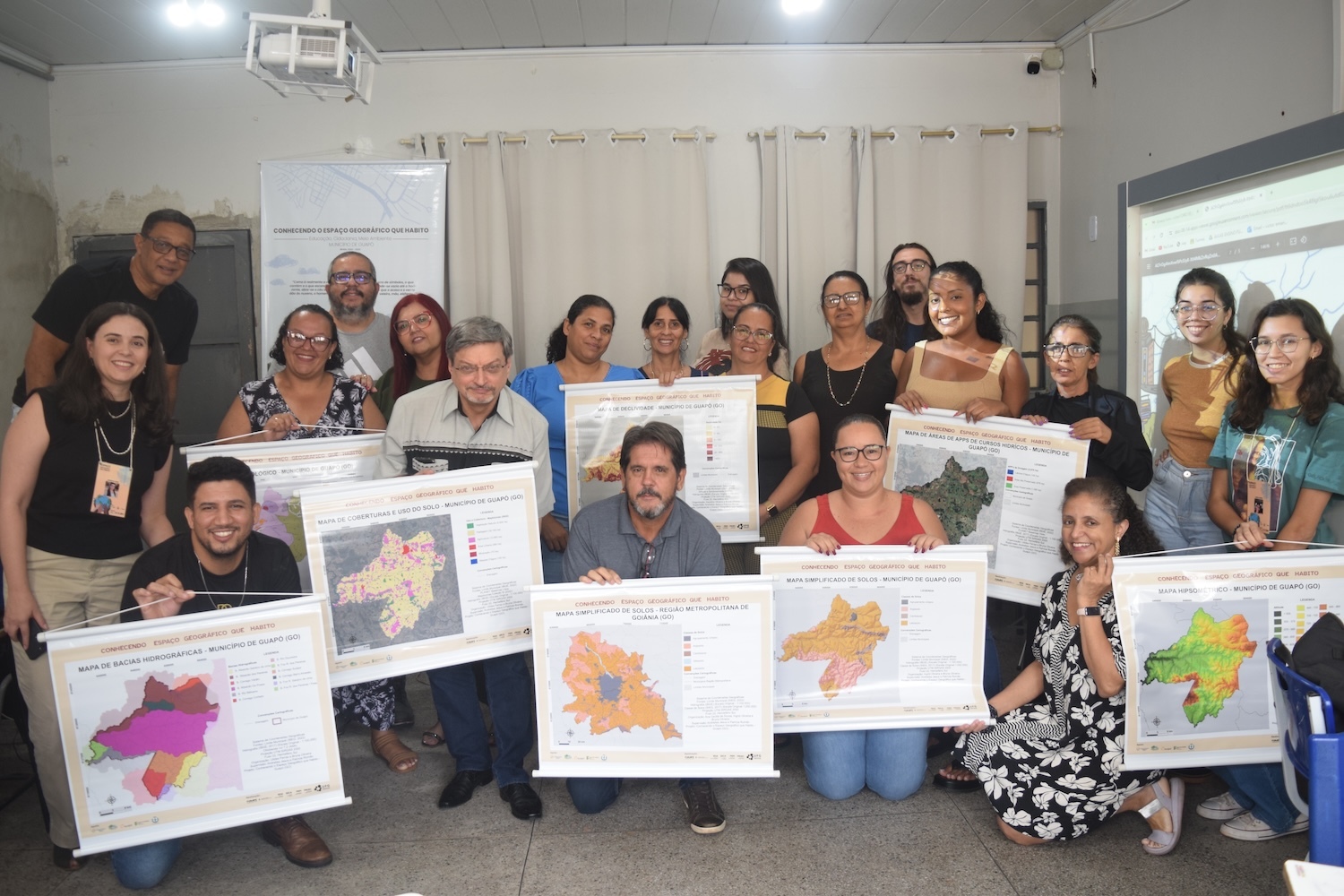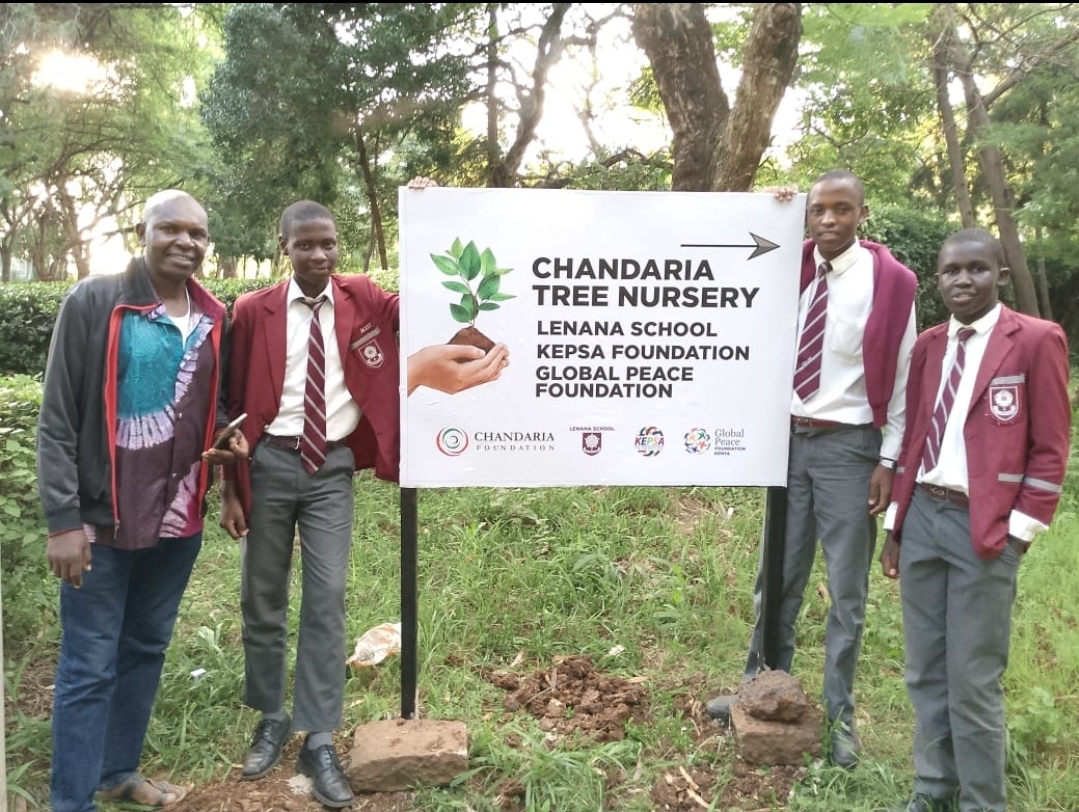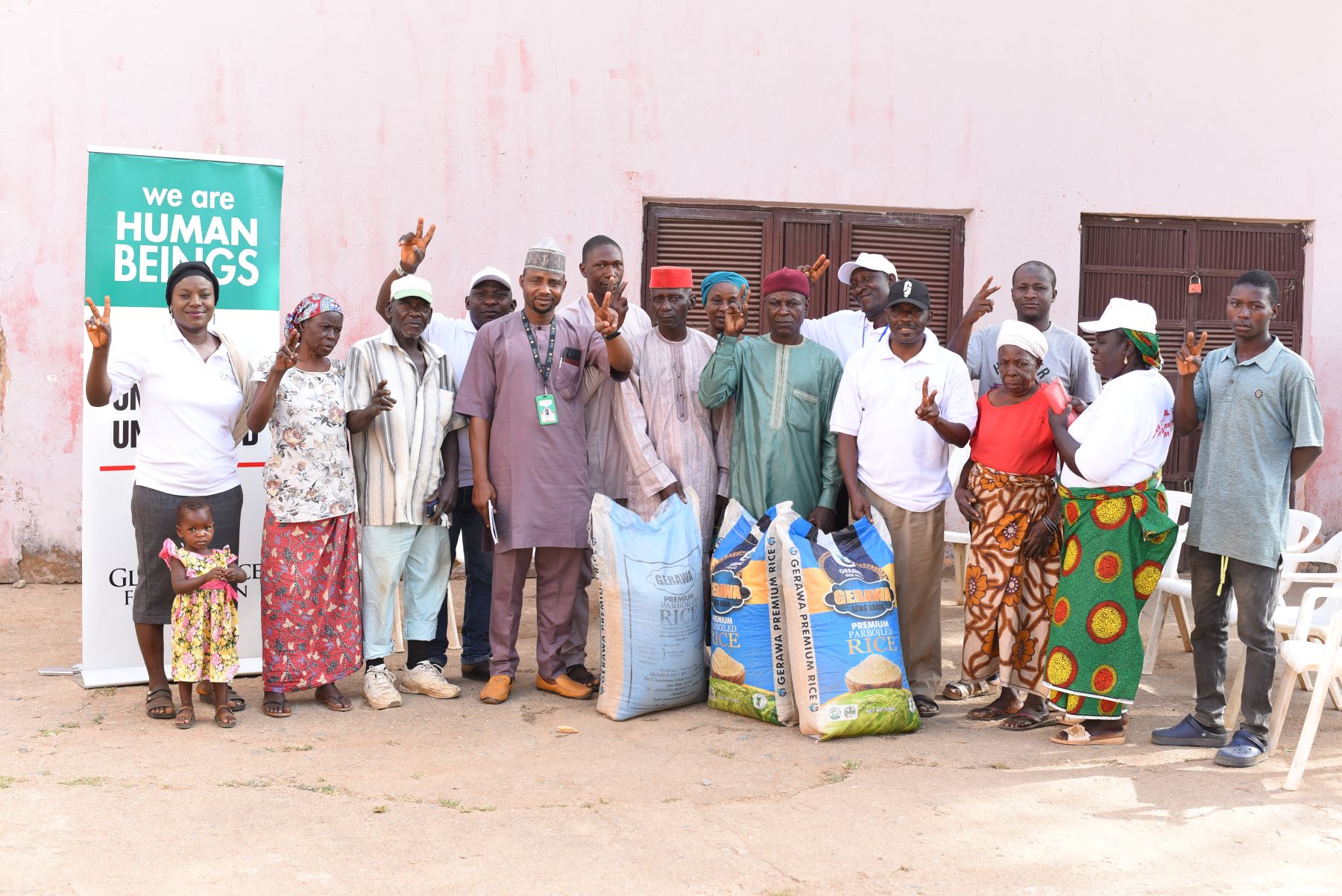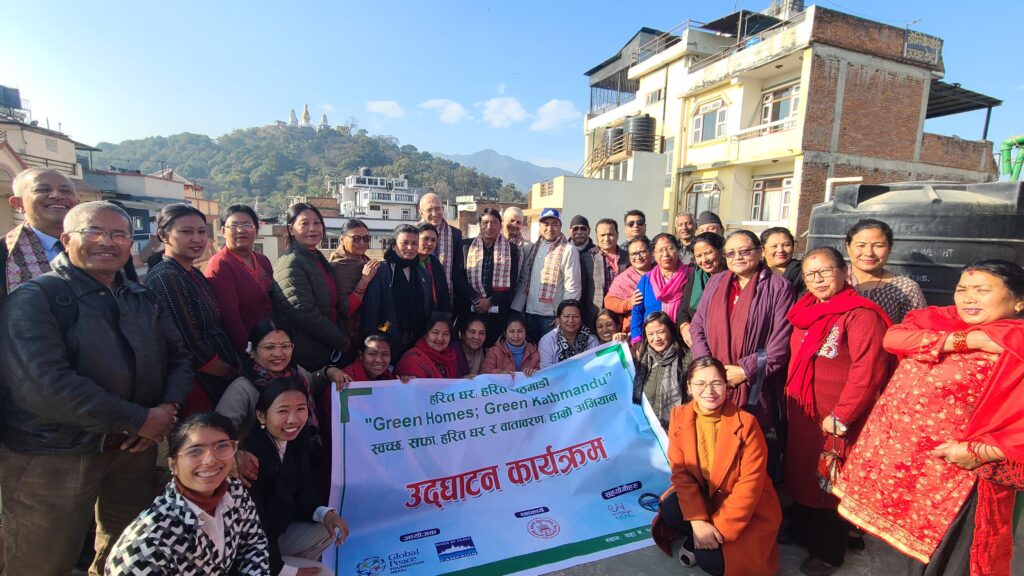
Inauguration of Project Green Homes, Kathmandu Metropolitan City, Ward 15
A Community in Crisis
Nepal’s capital is facing an environmental crisis. Kathmandu is nestled in a valley surrounded by the beautiful Himalayan Mountain range, but it houses intensifying environmental challenges. It is the country’s most populous city and faces all the trials that come with the title. There is poor waste management, severe water pollution, and worsening air quality. The city lacks open spaces and sustainable agriculture, which has, in turn, increased the price of fresh produce.
Green Homes Green Kathmandu
Seeing the tremendous need for sustainable development, Global Peace Foundation (GPF) Nepal collaborated with Kathmandu Metropolitan City Ward 5 and Ward 15 to inaugurate the Green Homes: Green Kathmandu project in January 2023. The ongoing program is supported by Engage Nepal and Fredericksburg Kathmandu Sister City.
Green homes are important for promoting sustainable development, social cohesion, and peacebuilding in Nepal. The country is vulnerable to natural disasters and is home to many impoverished people.
Green Homes Green Kathmandu aims to transform fifty households across two wards in Nepal’s capital in one year. GPF Nepal will educate and train participants in a variety of techniques to transform their homes into eco-friendly and sustainable properties. Participants will learn about sustainable solid waste management, upcycling plastic waste to create new marketable products, making eco-friendly sanitary pads, rainwater harvesting, rooftop gardening, and sustainable farming techniques. They will also receive training to protect their household from waterborne diseases and how to reduce air pollution.
The Green Homes Green Kathmandu inauguration was attended by Mr. Mark Templer (Chief of Political/Economic US Embassy), Mr. Ishwor Man Dangol (Ward Chairman, Ward 15, Kathmandu Metropolitan City), Mr. Bijendra Prajapati (Ward Chairman, Ward 5, Kathmandu Metropolitan City), Ms. Sarita Rai (Chief, Environment Department, Kathmandu Metropolitan City), Dr. Chiranjibi Bhattrai (Chairperson, GPF Nepal), and Mr. Nabin Bikash Maharjan (Chair, Kathmandu Fredericksburg Sister City and CEO of Blue Waste to Value).
Phase 1: Solid Waste Management and Rooftop Farming
In the initial stages of the project, GPF Nepal staff conducted home visits, working with the Ward Representatives to collect pre-test data from each household in each Ward. The pre-test survey is designed to collect information and gauge the current knowledge and practices of households before completing the program. This will be revisited at the completion of the program to compare data.
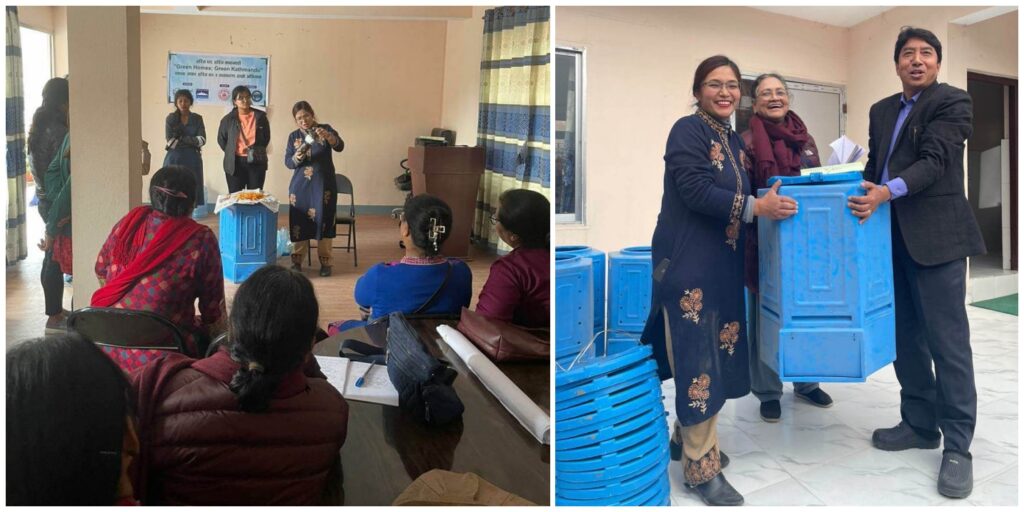
Training on solid waste management and handover of compost bins to 50 households
In recent months, Ms. Shrijana Sitikhu, Sr.Program Officer for GPF Nepal, along with experts and volunteers, has started training selected households on solid waste. The presentation discussed existing problems, including littering, unnecessary use of plastic, and stray dog waste, and the connection of these issues to polluted waterways and health issues. Participants were introduced to a circular economy and the model of prevention: reuse, recycling, recovery, and disposal. The session comprised teachings about the types of waste, including compost, plastic, textile, glass, electronic, metal, and paper, and sorting each category into biodegradable, landfill, and recycling.
GPF staff provided information on all aspects of managing a home compost, including compostable waste, wet vs. dry compost, ideal temperatures, aeration, use in gardens, different compost methods, the ratio of carbon to nitrogen, and the time it takes for it to break down fully. Waste management company Doko Recyclers was invited to speak about their recycling facilities and committed to collecting and buying waste from these 50 households. At the conclusion of the program, each participant was given a compost bin.
In March 2023, twenty-five people were welcomed on a field visit to the Doko Recyclers Materials Recovery Center. There, they could understand the recycling process further and see what happens to their recycling once it is collected. Following the excursion, many participants expressed that they were more motivated to correctly sort their waste and sell it to Doko Recyclers rather than send it to a landfill.
One month after being given the compost bin, participating households were visited by GPF staff and Ward Representatives to inspect the use of the compost bin and provide any support required. All participants had set the compost bins up correctly in their households and showed keen interest in its success. The participants had involved their families and were already using the broken-down compost in their gardens.
Green Homes Green Kathmandu is already drastically improving the outlook of sustainability for participating households. The project is helping people gain more respect for their environment and take personal responsibility for improving their communities.
Learn more about our project in Nepal and make sure you are subscribed to our newsletter so you don’t miss the latest news from Global Peace Foundation.

